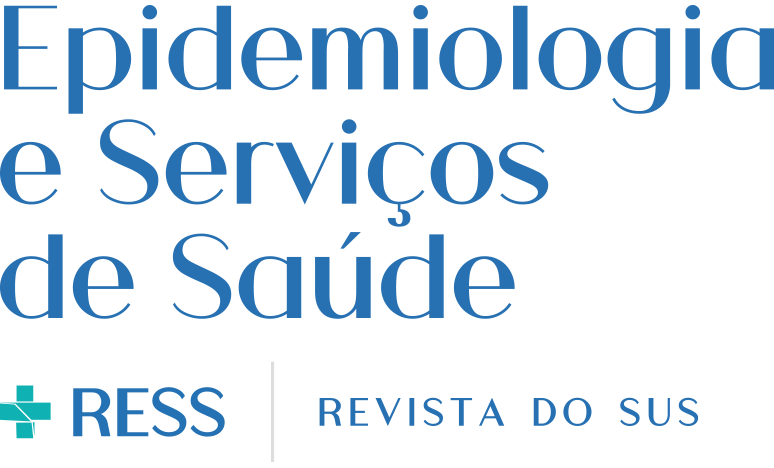Abstract
Objective:
to describe the frequency and reasons for hospitalizations for ambulatory care-sensitive conditions (HACSC) in Rondônia, Brazil, between 2012 and 2016, and to analyze their relationship with the evolution of the coverage of the family health strategy (FHS) in the same period.
Methods:
this was a descriptive study of secondary data from the Brazilian National Health System’s Hospital Information System.
Results:
during the period of the study 133,958 HACSC were authorized, corresponding to a rate of 75 hospitalizations/1,000 inhab.; there was a parallel annual increase in FHS coverage and a slightly decreasing trend of authorized HACSC, although this was not statistically significant; in 2012, HACSC frequency was 20.7% in relation to all hospitalizations that occurred in the state, while in 2016 this indicator declined to 16.7%.
Conclusion:
HACSC frequency in Rondônia was high between 2012 and 2016; although there was an increase in FHS coverage in the same period, this increase was not accompanied by a significant change in the frequency of HACSC registered in the state.
Keywords:
Primary Health Care; Family Health Strategy; Epidemiology, Descriptive

 Thumbnail
Thumbnail
 a) HACSC: Hospitalizations for ambulatory care-sensitive conditions.Note: Spearmans correlation coefficient = -0.60; p = 0.285.
a) HACSC: Hospitalizations for ambulatory care-sensitive conditions.Note: Spearmans correlation coefficient = -0.60; p = 0.285.